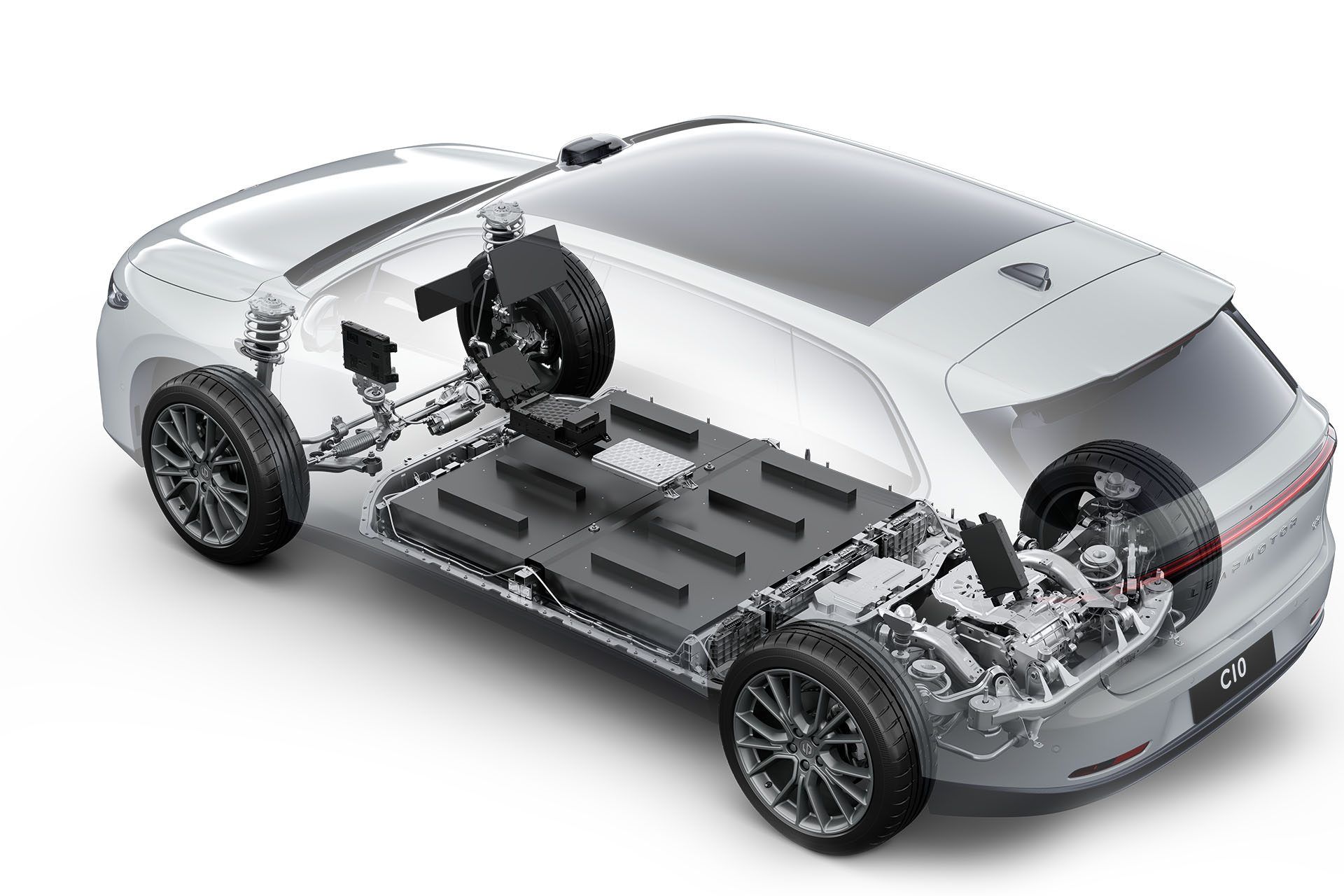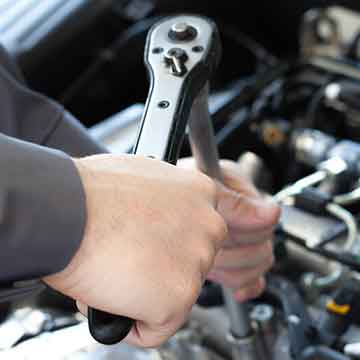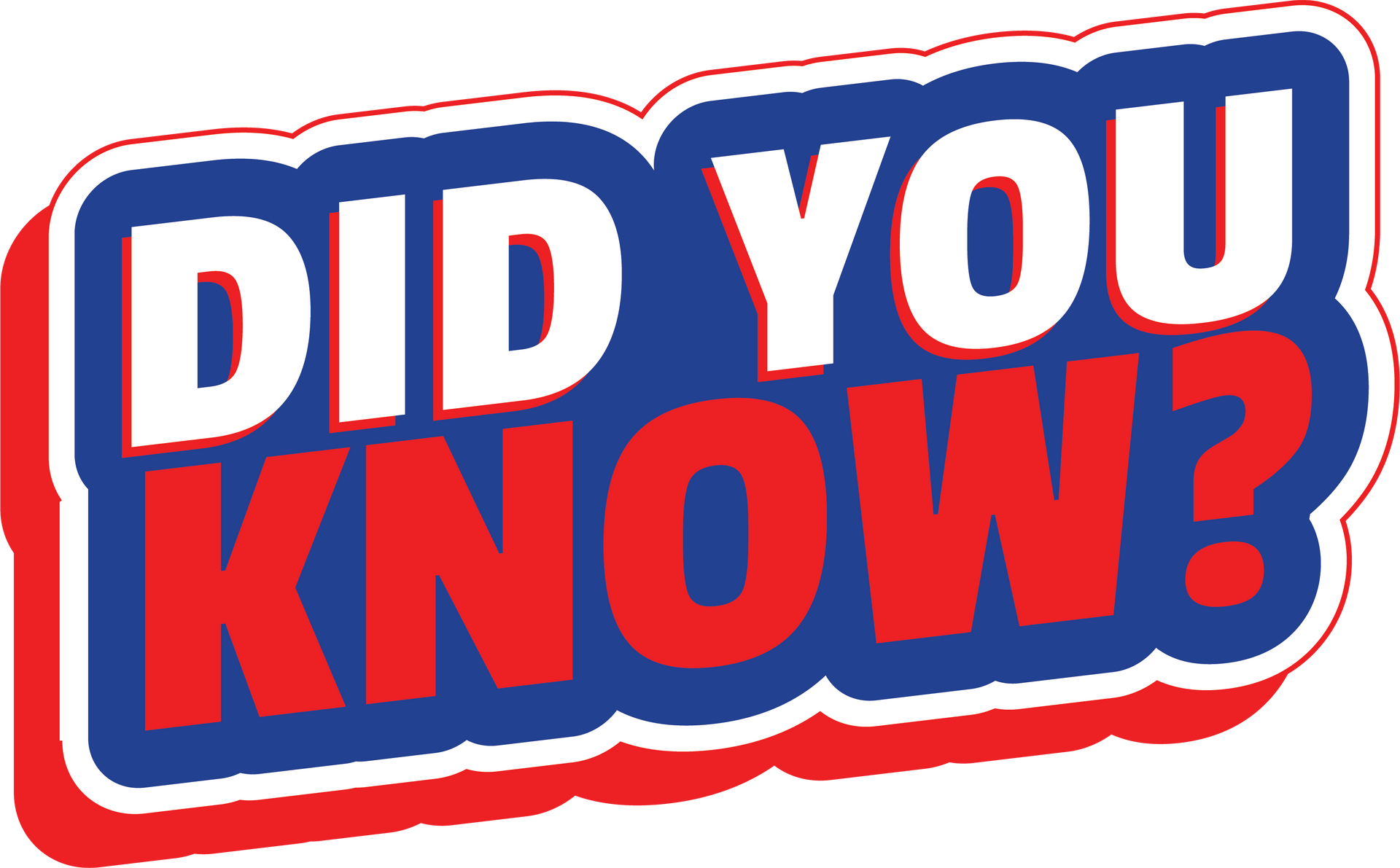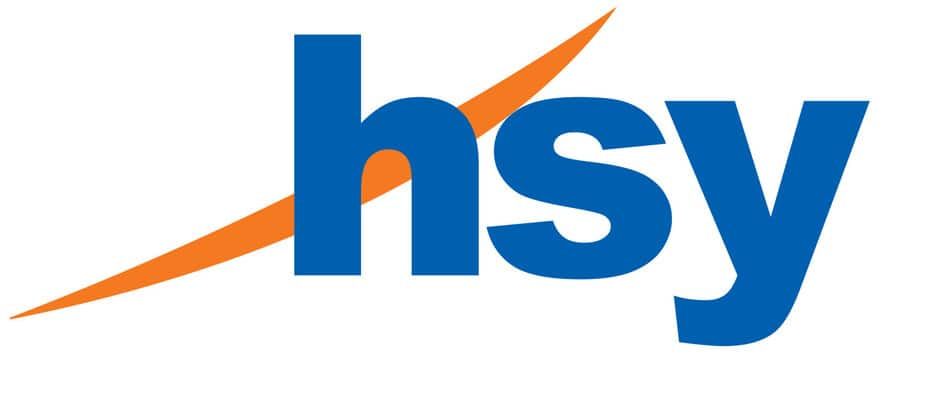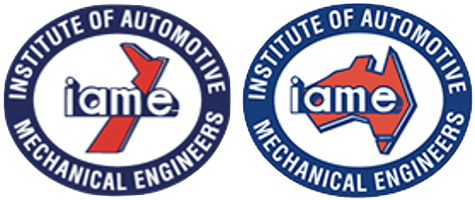A Comprehensive Look at the Fair Work Legislation Amendment (Closing Loopholes) Bill 2023

In a landmark move towards ensuring fair and equitable working conditions, the Australian Government has introduced the Fair Work Legislation Amendment (Closing Loopholes) Bill 2023. This legislative proposal, tabled in Parliament on 4 September 2023, underscores the government's commitment to closing loopholes that have long undermined pay and conditions for workers across various industries. In the context of the automotive sector, this bill brings forth a comprehensive set of measures aimed at bolstering workers' rights, enhancing workplace safety, and fostering a more transparent and just working environment.
Criminalizing Wage Theft and Civil Penalties Framework:
One of the central pillars of the Bill is the criminalization of wage theft, a critical step in protecting workers from unfair practices. The legislation also introduces changes to the civil penalties’ framework within the Fair Work Act, reinforcing the consequences for non-compliance and providing a stronger deterrent against exploitative labour practices. This is particularly significant for the automotive industry, where fair wages and working conditions are vital for the well-being of the workforce.
Defining Casual Work and Transition Pathways:
Addressing the often contentious issue of casual work, the Bill aims to properly define casual employment, offering additional pathways for casual workers who wish to transition to permanent roles. This move provides clarity for both employers and employees in the automotive sector, fostering stability and predictability in employment arrangements.
Digital Platform Workers and Employment Relationships:
The legislation extends the powers of the Fair Work Commission to include digital platform workers engaged in 'employee-like' forms of work. This not only recognizes the evolving nature of employment but also ensures that workers in the gig economy receive fair treatment and protection. Clarifying what constitutes an employment relationship adds an extra layer of security for workers within the automotive industry who may be engaged through digital platforms.
Combatting Labour Hire Underpayment:
To prevent the misuse of labour hire arrangements to undercut agreed rates of pay, the Bill introduces measures to safeguard the earnings of workers. This is particularly relevant in the automotive sector, where skilled labour is integral to the production and maintenance of vehicles. These provisions will help maintain fair wages and prevent exploitation through the labour hire system.
Fair Work Commission's Role in Setting Standards:
The legislation empowers the Fair Work Commission to set minimum standards and register collective agreements covering road transport contractors. This move ensures that workers in the road transport sector, including those in the automotive industry, are protected by robust standards and fair agreements.
Expanding Functions for Safety and Eradication:
Beyond workplace conditions, the Bill also expands the functions of the Asbestos Safety and Eradication Agency to include silica safety and diseases related to silica exposure. This is a crucial step in safeguarding the health and well-being of workers in industries like automotive manufacturing, where exposure to materials like silica may pose risks.
The Fair Work Legislation Amendment (Closing Loopholes) Bill 2023 is a landmark piece of legislation that addresses critical issues within the Australian workforce, including the automotive industry. By criminalizing wage theft, defining casual work, extending protections to digital platform workers, and strengthening workplace safety measures, the Bill is set to reshape the landscape of employment rights and conditions. As the automotive sector navigates this transformative legislation, it marks a significant stride towards fostering a fair, secure, and equitable work environment for all involved in the industry.
